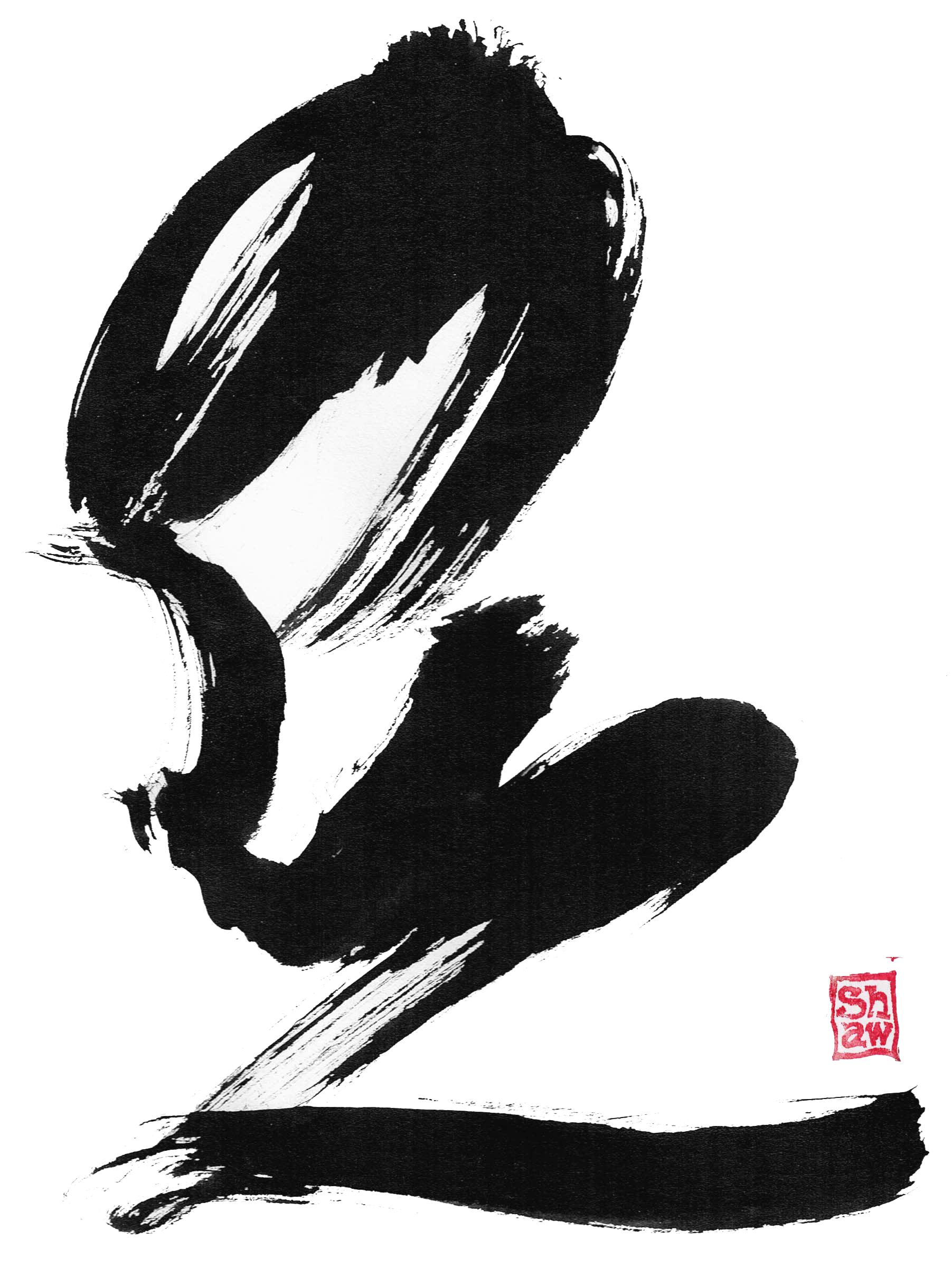Acting for the Camera


Acting for the Camera
By Scott Shaw
Unless you are creating non-narrative films, like I have been focusing on for the past few years, acting is at the heart of any film. It is the actor who gets your story told. But actors are also, many times, the thing that makes a film hard to watch; as they are the central focus, their performances are the first thing that is commonly judged about a film.
Acting has evolved over the years. If you like to watch older films from the 1930s and 1940s like I do, you will immediately notice that the acting was much bigger back then. The performances were much more exaggerated. This is due to the fact that most of the actors of that era were schooled on the stage. In the theatre their performances needed to be bigger. From this, they took this same acting style with them to the silver screen.
This is one of the reasons that I so much like working with my friend Conrad Brooks. He came from that era and he acts like he is still in that era. I love his performances.
In independent filmmaking, particularly the low to no budget genre, acting is what generally makes a film watchable or not. Now, this is a doubled edged sword because most people working at this level of the film industry are inexperienced actors—at least in terms of on-camera experience. If a person can remain natural in their performance then there is no problem. But, most people can’t. Most people, at least the inexperienced, when they act, they are acting. And, this is what may kill the believability of their performance.
Also, particularly when people are attempting to make a spoof film, they intentionally overact. They believe this is how it was done. But, in actually, this is not the case. Bad acting is just that; bad acting. It is a whole onto itself. Therefore, by attempting to recreate it, defeats the entire purpose.
Now, there have been some great performances based upon spoofing an actor or an acting era. Billy Zane did a great job in the last of the Ed Wood scripts, I Woke Up Early the Day I Died. This film had no dialogue but the performances were great. And, of course, the spoof-based performances of talented actors like Johnny Depp have been great. But, these are very intentional performances given by highly talented actors. When one is inexperienced and doing this, it does not translate well to the screen.
If we look to the Republic Serial from the 1930s, 1940s, on into the 1950s, there was some great programing made in that era—whether it was for TV or the big screen. Series like Commando Cody and The Adventures of Fu Manchu truly defined an era and were the first to bring comic book type heroes to the screen. If we watch the acting in these serials, it was over the top. But, it was over the top, specific to that era. Just as when we watch Capt. James T. Kirk, (William Shatner), on the original Star Trek series, his acting is over the top but believable in its era.
To try to emulate these performances never really translates well to screen. I know, because we did this in Roller Blade Seven. Though the style of acting we employed did set the stage for the overall vibe of the film, most people didn't get it and did not understand the influences we were harkening back to, as times had changed and most who watched the RB7 film(s) were not aware of that era gone past or were not yet even born when it took place.
To this end, and through the years upon years I have been making films, I find it is far better to simply be natural in all onscreen performances—natural to your era. Even if your film is a spoof, by being true to yourself, by being who you are on screen, while wrapped in the cloak of a character, the audience will find your performance far more enjoyable to watch than if you try to be something you are not and perform as those people did in times gone past.
Copyright © 2014—All Rights Reserved